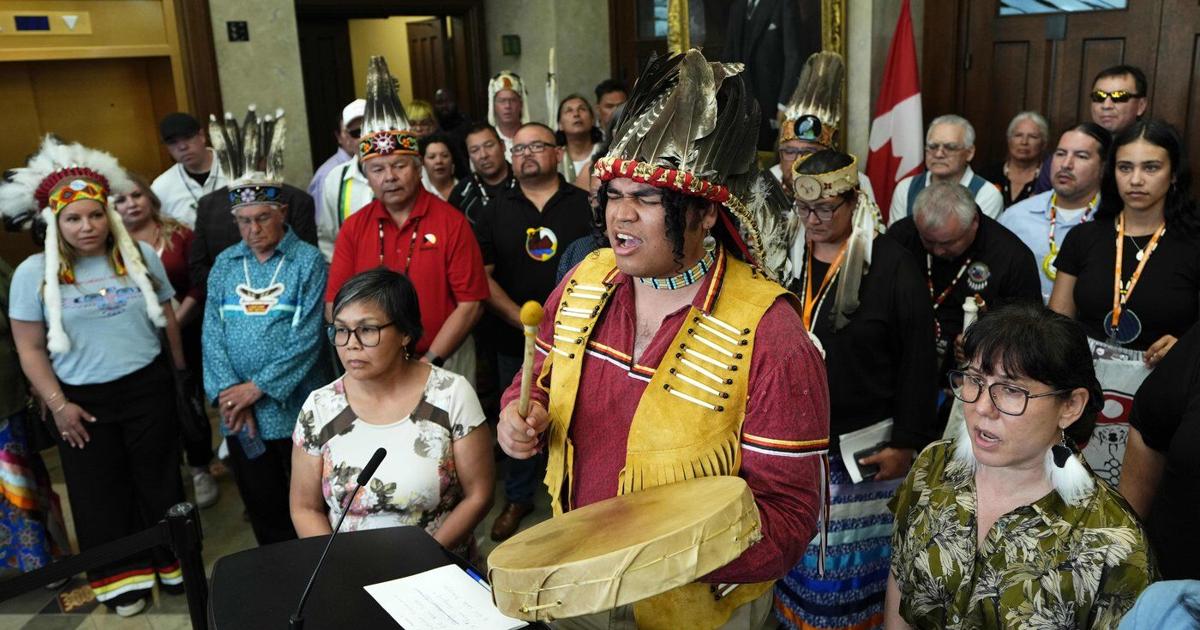A quick and easy work-around ....
OTTAWA - The federal government's major projects legislation was amended by opposition parties on Wednesday to withdraw the power the bill gave cabinet to sidestep the Indian Act, following weeks

www.thecanadianpressnews.ca
... which may not do much in practice because from what little I know, the Act covers things that must/can be done or not done on reserve land, and I can't forsee too, too many pipeline projects or mines being within reserve properties. I also vaguely remember some reserve lands are designated for oil development, and that there's a specific bit of Indian Affairs/INAC/ISC that manages wells.



